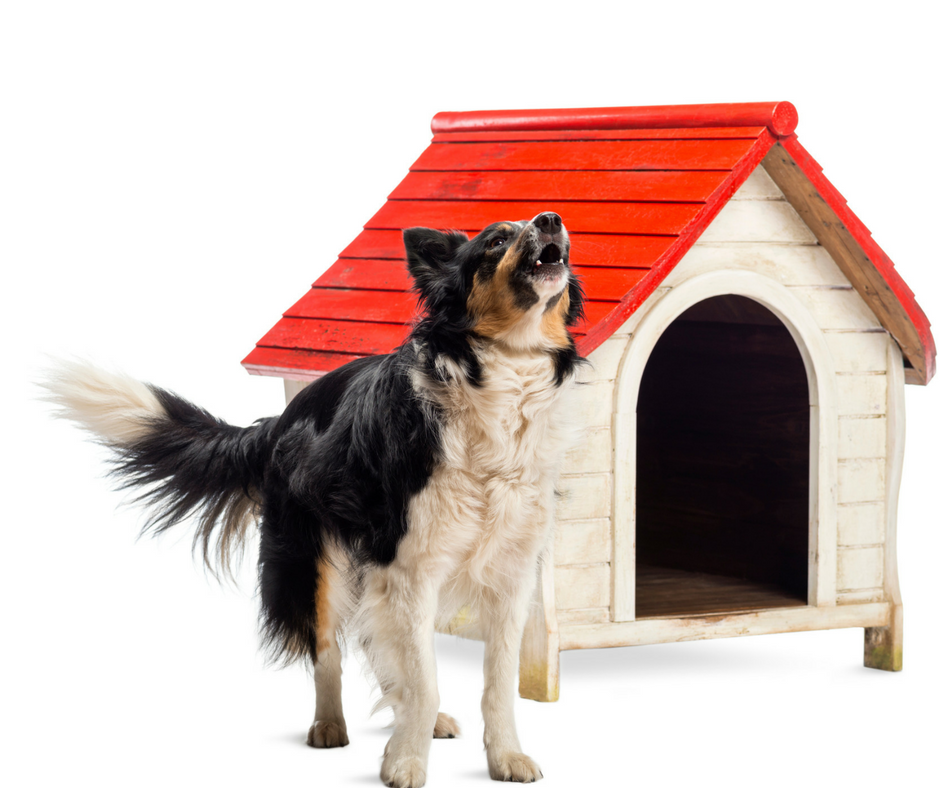As a dog owner, it can be frustrating and exhausting when your furry friend won’t stop barking in their crate. Not only does it disrupt your peace and quiet, but it can also be a sign of underlying issues that need to be addressed. In this article, we will discuss the reasons why your dog may be barking in their crate and provide you with practical tips on how to stop this behavior.
Understanding Why Your Dog is Barking in the Crate
Before diving into solutions, it’s essential to understand why your dog is barking in the crate in the first place. Dogs communicate through barking, and there could be various reasons for their excessive barking while in the crate.

Separation Anxiety
One of the most common reasons for a dog to bark in their crate is separation anxiety. Dogs are social animals, and being left alone in a confined space can trigger feelings of fear and loneliness. This can lead to excessive barking as a way to seek attention or express distress.
Lack of Exercise or Stimulation
Dogs are active creatures and need regular exercise and mental stimulation to stay happy and healthy. If your dog is not getting enough physical or mental activity, they may resort to barking in the crate out of boredom or pent-up energy.
Fear or Phobias
Some dogs may have fears or phobias that cause them to bark in their crates. This could be due to past traumatic experiences or a lack of exposure to certain stimuli. For example, a dog who has never been exposed to loud noises may bark excessively when hearing thunder or fireworks.
Medical Issues
In some cases, excessive barking in the crate could be a sign of an underlying medical issue. Dogs may bark if they are in pain or discomfort, so it’s crucial to rule out any potential health problems before addressing the barking behavior.
Lack of Training
Lastly, your dog may be barking in their crate simply because they haven’t been properly trained. Dogs need to learn appropriate behaviors and boundaries, and if this is lacking, they may resort to barking as a way to get what they want.
Addressing the Barking Behavior
Now that we understand why dogs bark in their crates, let’s explore some practical solutions to address this behavior.
Create a Positive Association with the Crate
The first step in stopping your dog from barking in the crate is to create a positive association with it. This means making the crate a safe and comfortable place for your dog to be in. You can do this by placing their favorite toys, treats, and blankets inside the crate and encouraging them to go in voluntarily.
Gradually Introduce Crate Time
If your dog has separation anxiety, it’s essential to gradually introduce crate time. Start by leaving your dog in the crate for short periods while you are still at home. Slowly increase the duration of time spent in the crate until your dog becomes comfortable being alone for longer periods.
Provide Adequate Exercise and Stimulation
As mentioned earlier, lack of exercise and stimulation can lead to excessive barking in the crate. Make sure your dog gets enough physical activity through walks, runs, or playtime. Mental stimulation is also crucial, so consider providing your dog with interactive toys or training activities to keep their minds occupied.
Address Fear or Phobias
If your dog’s barking is triggered by fear or phobias, it’s essential to address these issues. This may involve desensitization techniques, where you gradually expose your dog to the feared stimuli in a controlled and positive environment. Consult with a professional trainer or behaviorist for guidance on how to address specific fears or phobias.
Seek Medical Attention
If you suspect that your dog’s barking is due to a medical issue, it’s crucial to seek veterinary attention. Your dog may be in pain or discomfort, and addressing the underlying health problem can help alleviate their barking behavior.
Train Appropriate Crate Behavior
Lastly, proper training is essential in stopping your dog from barking in the crate. This involves teaching your dog basic commands such as “quiet” or “place,” which they can use to communicate with you instead of barking. Consistency and positive reinforcement are key in training appropriate crate behavior.
Frequently Asked Questions
Q: Is it okay to leave my dog in the crate for long periods?
A: No, dogs should not be left in the crate for extended periods. It’s essential to provide them with regular breaks and exercise throughout the day.
Q: Can I punish my dog for barking in the crate?
A: No, punishment is not an effective way to address barking behavior. It can lead to fear and anxiety in your dog, making the problem worse.
Q: Should I cover the crate to reduce barking?
A: Covering the crate may help reduce barking if your dog is triggered by external stimuli. However, it’s essential to ensure that your dog still has proper ventilation and can see outside the crate.
Q: Will getting another dog help stop the barking?
A: Getting another dog is not a guaranteed solution to stop barking in the crate. In some cases, it may even worsen the behavior if your dog becomes territorial or jealous.
Q: How long will it take for my dog to stop barking in the crate?
A: The time it takes for your dog to stop barking in the crate will vary depending on the underlying cause and how consistent you are with training and addressing the behavior.
Conclusion
Barking in the crate can be a challenging behavior to address, but with patience, consistency, and proper training, it can be overcome. Remember to understand the root cause of your dog’s barking and address it accordingly. With time and effort, your dog will learn to associate their crate with positive experiences and become comfortable being in it without excessive barking.

